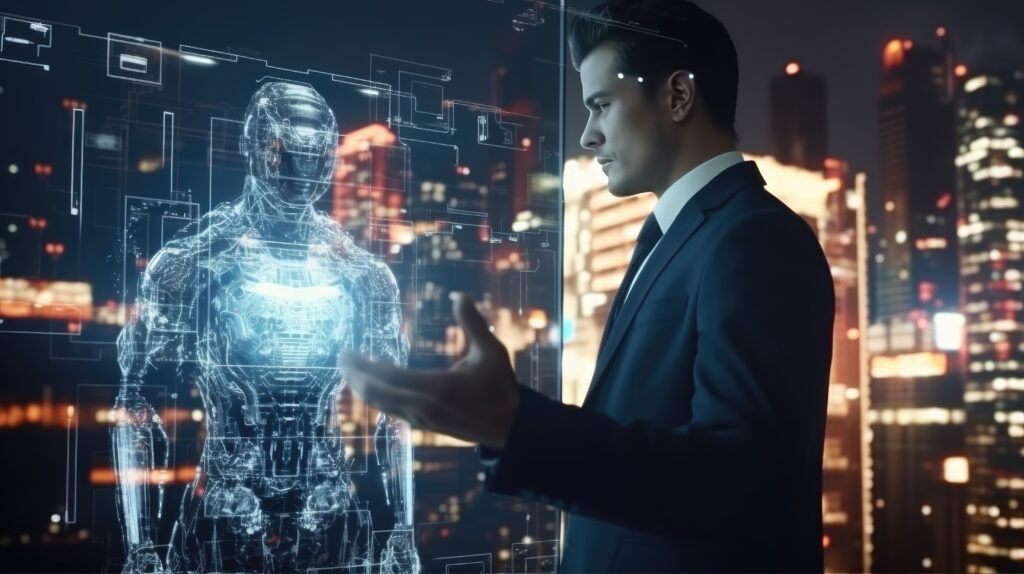- You are here:
- Home »
- Leadership »
- The Emerging Technocracy:

The Emerging Technocracy:
Part 3 – Visionaries of the Future
Musk isn’t alone in his quest. Peter Thiel, co-founder of PayPal and Palantir, a data analytics company that provides software for intelligence and surveillance, has voiced concerns about the rapid development of AI. Thiel has spoken about his fear that AI could lead to Armageddon, where mankind’s creations spiral out of control. Palantir, the company Thiel co-founded, is heavily involved in data surveillance, giving governments and corporations the ability to track and control vast amounts of personal information.
Elon Musk, one of today’s leading innovators, actively shapes the future of humanity. Musk, a visionary who has spoken extensively about technology’s potential to reshape human life, is also an avid reader, drawing inspiration from various thinkers. One significant influence on his vision is Sir Francis Bacon’s New Atlantis, which Musk has kept in his personal collection. Musk owns a 1627 edition of Bacon’s work, complete with historical annotations, reflecting his deep engagement with Bacon’s ideals of scientific progress and technological utopia. New Atlantis imagines a world where knowledge and scientific advancements lead to societal harmony, a vision aligning closely with Musk’s drive to advance humanity through space exploration, renewable energy, and the merging of AI with human cognition.
Musk’s efforts continue the intellectual legacy of Bacon, evident in his work with Neuralink, which attempts to merge the human brain with machines, and SpaceX, which strives to take humanity to Mars. While Neuralink may one day enhance cognitive abilities, Bacon’s utopia in New Atlantis mirrors Musk’s ambitions — the merging of technology with humanity for the advancement of human potential.
But Musk isn’t alone. Jeff Bezos, with Amazon Robotics, transforms e-commerce logistics through AI-powered robots, making fulfillment faster and more efficient. Sundar Pichai, leading Google, has positioned DeepMind at the forefront of AI research, advancing machine learning and quantum computing. Jack Ma leads Alibaba, leveraging AI for personalized shopping experiences, while Baidu’s Robin Li advances autonomous driving through the Apollo Project.
In China, Huawei’s Ren Zhengfei is building the infrastructure for a 5 G-powered world where AI seamlessly integrates into smart cities and autonomous vehicles. The world is getting prepared and connected, paving the way for a global shift toward interconnected, AI-driven systems that will shape every aspect of our daily lives.
In Part 4, we will explore the spiritual implications of these advancements, how they might contribute to the rise of the Antichrist system, and how Christians should prepare for what is coming. Stay with us as we uncover the dangers and discernment needed for the future.
